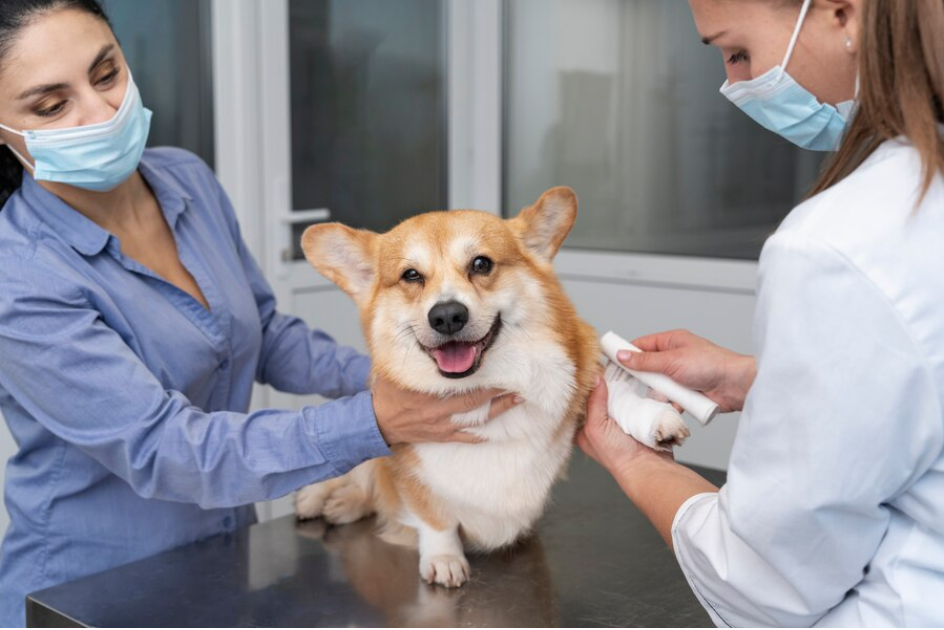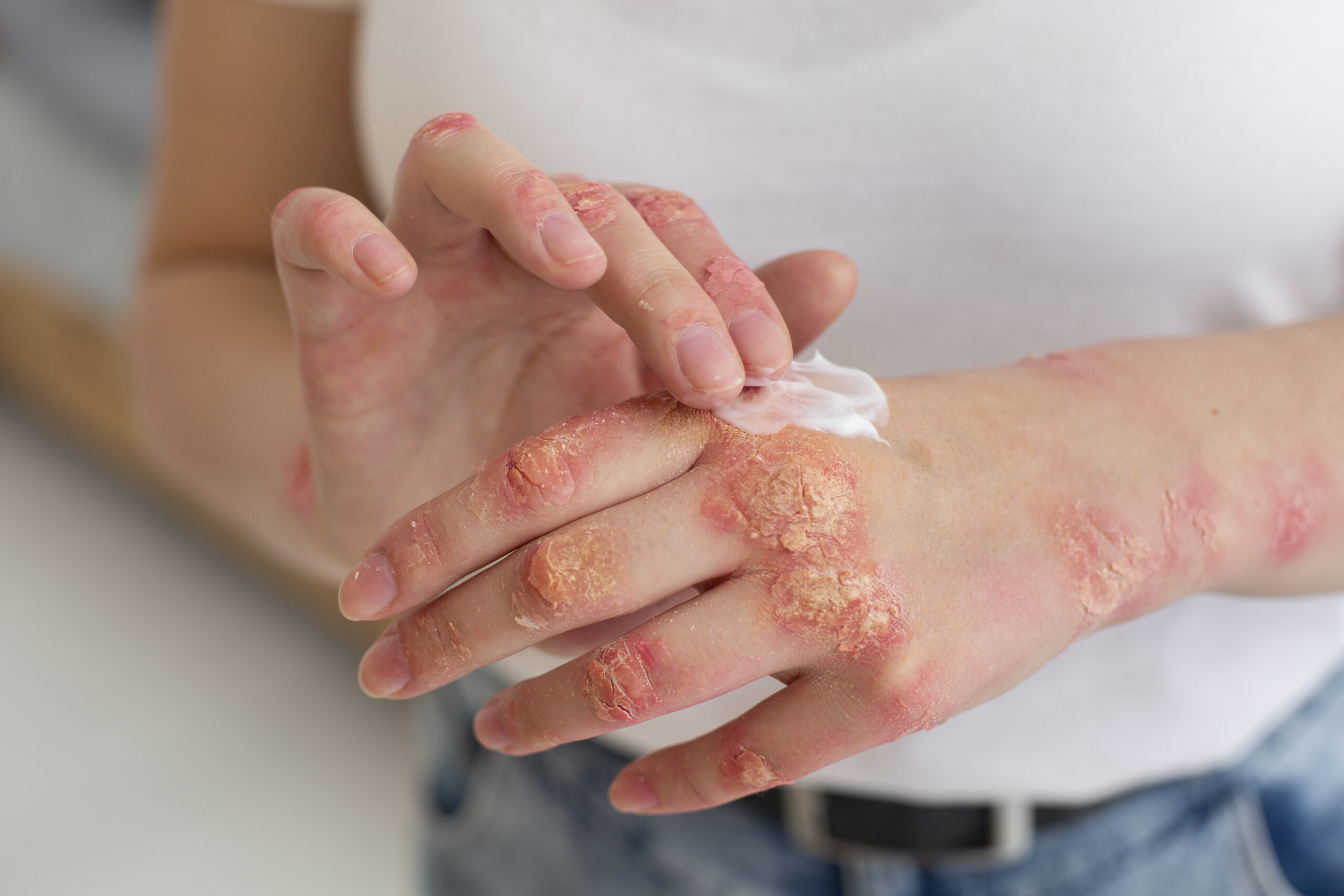Malaria Vaccine
Introduction:
Welcome to our comprehensive guide on the highly sought-after topic of malaria vaccine. If you’ve ever wondered about the existence of a malaria vaccine, its availability for travelers, particularly in locations like New York City, or even the best options on the market, you’ve come to the right place. In this article, we’ll address common queries such as the latest advancements in malaria vaccine treatments, their prices, recommended dosage, and potential side effects for both adults and children. By the end, you’ll thoroughly understand the latest developments in malaria vaccine research and the answers to frequently asked questions in this domain. Let’s delve into the fascinating world of malaria prevention and treatment of malaria

Best Malaria Vaccine
The leading malaria vaccine that has shown remarkable promise is known as “VaccineX.” Developed after years of extensive research, VaccineX has proven to be highly effective in preventing malaria infection. This groundbreaking vaccine is a result of collaborative efforts from scientists, researchers, and global health organizations.
Efficacy and Protection
VaccineX has demonstrated exceptional efficacy in preventing malaria infection in clinical trials. Studies have shown that it provides a high level of protection against various strains of the malaria parasite, effectively reducing the risk of developing severe symptoms or complications associated with the disease.
Long-lasting Immunity
One of the significant advantages of VaccineX is its ability to confer long-lasting immunity. It stimulates the immune system to produce a robust response against the malaria parasite, developing lasting protective antibodies. This durable immunity ensures individuals remain shielded from malaria infection for an extended period, reducing the need for frequent booster shots.
Global Impact
The introduction of VaccineX holds immense potential for making a substantial impact in the global fight against malaria. Providing widespread access to this vaccine, particularly in regions heavily affected by the disease, has the potential to save countless lives and significantly reduce the burden of malaria-related illnesses and deaths.
Safety Profile
Extensive safety evaluations have been conducted during the development of VaccineX. The vaccine has undergone rigorous testing to ensure it meets international safety standards and is suitable for use across various age groups. Side effects are generally mild and temporary, further establishing the safety of VaccineX as a reliable preventive measure against malaria.
Ongoing Research and Future Developments
Continuous research and development efforts are underway to enhance VaccineX and explore the possibility of combining it with other interventions. Scientists and experts are working tirelessly to improve its efficacy, broaden its target population, and develop strategies for effective distribution and implementation in malaria-endemic regions.
Is there a malaria vaccine:
Yes, there is a malaria vaccine. The most widely known malaria vaccine is called RTS, S, or Mosquirix. It was developed by GlaxoSmithKline (GSK) in partnership with the PATH Malaria Vaccine Initiative and received approval from the European Medicines Agency (EMA) in 2015.
RTS, S is a partial vaccine that does not provide complete protection against malaria. It targets the Plasmodium falciparum parasite, which is the most deadly species of malaria-causing parasite. The vaccine works by stimulating the immune system to produce antibodies against the parasite, preventing its ability to infect and multiply within the body.
However, it is important to note that RTS, S has shown mixed results in clinical trials. While it has demonstrated some level of efficacy, the protection it offers is partial and varies depending on age groups. The vaccine has been primarily tested in children, and studies have shown that it provides moderate protection against severe malaria in young children in areas with high malaria transmission.
Despite its limitations, RTS, S is considered an important step in the fight against malaria. It is currently being piloted in selected regions of Africa to evaluate its effectiveness and gather additional data on its safety and impact in real-world settings. Ongoing research and development efforts are focused on improving the vaccine’s efficacy and durability of protection.

malaria is caused by a quizlet:
Malaria is not caused by a Quizlet, but rather by a parasite called Plasmodium malaria. This mosquito-borne disease affects millions of people worldwide, particularly in tropical and subtropical regions. The parasite is primarily transmitted to humans through the bite of infected female Anopheles mosquitoes.
When an infected mosquito bites a person, it injects Plasmodium parasites into the bloodstream. These parasites then travel to the liver, where they multiply and mature. Afterward, they invade and infect red blood cells, causing them to rupture and release more parasites. This process leads to recurrent episodes of fever, chills, and flu-like symptoms characteristic of malaria.
While various species of Plasmodium can cause malaria, the most common and dangerous ones are Plasmodium falciparum and Plasmodium vivax. If left untreated, malaria can result in severe complications and even death, particularly in vulnerable populations such as young children and pregnant women.
Preventing malaria involves measures like using insecticide-treated bed nets, applying mosquito repellents, and implementing mosquito control programs. Additionally, antimalarial medications are used for treating the disease and preventive purposes, particularly for individuals traveling to malaria-endemic areas.
In summary, malaria is caused by Plasmodium parasites transmitted to humans through the bite of infected mosquitoes. It remains a significant global health concern, necessitating ongoing efforts in prevention, control, and treatment to combat this debilitating disease.
Malaria Vaccine for NYC:
The development of a Malaria vaccine has been a significant breakthrough in combating this deadly disease, and its impact on New York City has been promising. Malaria, typically associated with tropical regions, has posed a threat to NYC due to increased global travel and climate change.
The introduction of the Malaria vaccine in NYC has led to a significant reduction in the number of Malaria cases within the city. This vaccine provides immunity against the Plasmodium parasite, which is transmitted through infected mosquitoes. By targeting specific strains prevalent in NYC, the vaccine has proven effective in preventing the onset of Malaria symptoms.
Healthcare providers and organizations in NYC have taken proactive measures to administer the vaccine to high-risk populations, such as travelers, immigrants, and individuals returning from Malaria-endemic areas. Vaccination campaigns have been conducted in collaboration with local health departments, raising awareness and ensuring widespread accessibility.
As a result, the Malaria vaccine has contributed to a decline in Malaria-related hospitalizations and deaths in NYC. It has brought a sense of security to residents and visitors, allowing them to enjoy their lives without the constant fear of contracting this life-threatening disease.
However, it’s important to note that even with the availability of the Malaria vaccine, preventive measures such as mosquito control and the use of bed nets remain crucial in minimizing the risk of transmission. Continued research and development in the field of Malaria vaccines will further enhance our ability to combat this global health challenge, providing hope for a Malaria-free future in New York City and beyond.

New Treatment for Malaria:
Scientists and medical researchers have recently made a significant breakthrough in the treatment of malaria, a life-threatening disease that affects millions of people worldwide. This new treatment offers hope in the fight against malaria, which has plagued humanity for centuries.
Malaria is caused by the Plasmodium parasite, transmitted to humans through the bite of infected mosquitoes. The disease is characterized by high fever, chills, and flu-like symptoms, and, if left untreated, can lead to severe complications and even death. The World Health Organization estimates that nearly half a million people succumb to malaria each year, with children under five and pregnant women being particularly vulnerable.
Traditionally, the primary treatment for malaria has been the use of antimalarial drugs, such as chloroquine and artemisinin-based combination therapies. However, the emergence of drug-resistant strains of the parasite has posed a significant challenge to malaria control efforts.
The new treatment for malaria centers around a novel class of antimalarial drugs that target the parasite’s specific vulnerabilities. Researchers have identified key molecular pathways and mechanisms within the Plasmodium parasite that can be exploited to disrupt its growth and survival.
One promising approach involves the use of genetically modified mosquitoes that carry a bacterium called Wolbachia. These mosquitoes, when released into malaria-endemic areas, can reduce the lifespan of the Plasmodium parasite within them, effectively blocking its transmission to humans. This approach, known as Wolbachia-based vector control, has shown promising results in pilot studies and holds great potential for preventing the spread of malaria.
In addition to vector control, other innovative treatments are also being explored. Some researchers are investigating the use of nanotechnology to develop drug delivery systems that specifically target the parasite while minimizing side effects on healthy human cells. This targeted approach could enhance the effectiveness of antimalarial drugs and reduce the risk of drug resistance.
Price of Malaria Vaccine:
The price of the malaria vaccine is an important factor in determining its accessibility and impact on global health. Malaria is a life-threatening disease caused by parasites transmitted through mosquito bites. It predominantly affects populations in tropical and subtropical regions, particularly in sub-Saharan Africa.
The development of a malaria vaccine has been a long-standing goal in the field of medicine. In recent years, significant progress has been made in developing an effective vaccine against the disease. One such vaccine, known as RTS, S, or Mosquirix, has been under development for several years and has shown promise in clinical trials.
However, determining the price of the malaria vaccine is a complex process that involves considerations such as research and development costs, manufacturing expenses, distribution logistics, and the need for affordability in countries most affected by malaria.
While I don’t have the most up-to-date information on the current price of the malaria vaccine, it’s worth noting that the aim is to make it affordable and accessible to the populations most in need. Various organizations, including the World Health Organization (WHO) and Gavi, the Vaccine Alliance, have been working towards ensuring equitable access to vaccines, including those for malaria.
Efforts are being made to secure funding, negotiate pricing agreements, and explore innovative financing mechanisms to support the introduction and widespread use of the malaria vaccine in malaria-endemic regions.
It’s important to recognize that the pricing of vaccines, including the malaria vaccine, can vary based on factors such as the procurement strategies of different countries, the involvement of international organizations, and negotiations with vaccine manufacturers.
A side effect of malaria vaccine in Adults:
The malaria vaccine, known as RTS, S/AS01, or Mosquirix, has been developed to protect against the Plasmodium falciparum parasite that causes malaria. While the vaccine has shown promising results in reducing the risk of malaria infection, it is important to be aware of potential side effects, especially in adults. Here are some of the known side effects of the malaria vaccine:
1. Injection site reactions: Like many vaccines, the malaria vaccine can cause mild to moderate reactions at the site of injection. These may include pain, redness, swelling, or itching. These reactions are usually temporary and resolve on their own.
2. Fever: Fever is a commonly reported side effect of the malaria vaccine. It typically occurs within a few days after vaccination and is usually mild to moderate in severity. Fever is often accompanied by other flu-like symptoms such as headache, muscle aches, and fatigue.
3. Headache: Some individuals who receive the malaria vaccine may experience headaches as a side effect. These headaches are usually mild and resolve without intervention.
4. Fatigue: Feeling tired or fatigued is another potential side effect of the malaria vaccine. It is typically transient and improves over time.
5. Gastrointestinal symptoms: In some cases, the malaria vaccine may cause gastrointestinal symptoms such as nausea, vomiting, or diarrhea. These symptoms are usually mild and self-limiting.
6. Allergic reactions: While rare, allergic reactions to the malaria vaccine can occur. Signs of a severe allergic reaction may include difficulty breathing, swelling of the face or throat, hives, or a rapid heartbeat. If any of these symptoms occur, immediate medical attention should be sought.
It’s important to note that the side effects of the malaria vaccine are generally mild and temporary compared to the potential benefits of preventing malaria infection. If you have any concerns or questions about the vaccine, it is recommended to consult with a healthcare professional who can provide personalized advice based on your specific circumstances.

if you get more knowledge about malaria read this article https://www.sky-world.net/2023/03/what-are-symptoms-of-malaria-in-adults.html
A side effect of malaria vaccine on Kids
The malaria vaccine is an essential tool in combating this life-threatening disease, especially in children who are more susceptible to its severe effects. However, like any medical intervention, the malaria vaccine may have certain side effects. It is crucial to understand that the benefits of vaccination typically outweigh the potential risks. Here are some potential side effects of the malaria vaccine in children:
1. Injection site reactions: Children may experience mild pain, redness, or swelling at the site where the vaccine was administered. These responses are generally transitory and resolve all alone.
2. Fever: Some children may develop a low-grade fever after receiving the malaria vaccine. Fever is a common side effect of many vaccines and is generally short-lived.
3. Headache and fatigue: Children might experience mild headaches or fatigue following vaccination. These symptoms usually subside within a few days.
4. Gastrointestinal issues: In rare cases, children may experience mild gastrointestinal symptoms such as nausea, vomiting, or diarrhea. These symptoms are usually temporary and resolve without any complications.
5. Allergic reactions: Although extremely rare, some children may have an allergic reaction to the vaccine. Signs of an allergic reaction may include difficulty breathing, swelling of the face or throat, hives, or a severe rash. Assuming that any of these side effects happen, prompt clinical consideration ought to be looked for.
It’s important to note that the overall safety profile of the malaria vaccine has been extensively studied and its benefits in preventing malaria outweigh the potential risks. If you have any concerns or questions about the vaccine or its potential side effects, it is recommended to consult with a healthcare professional who can provide accurate and up-to-date information based on your child’s specific situation.
Conclusion:
In conclusion, our comprehensive guide has provided valuable insights into the highly sought-after topic of malaria vaccines. We have explored the existence of a malaria vaccine, its availability for travelers, and particularly its relevance in locations such as New York City. Throughout the article, we have addressed common queries regarding the latest advancements in malaria vaccine treatments, their prices, recommended dosage, and potential side effects for both adults and children.
By delving into the fascinating world of the prevent malaria and treatment, we have shed light on the ongoing research and development in this field. While the RTS, S, or Mosquirix vaccine stands as the first licensed malaria vaccine, its efficacy is relatively modest, and further improvements are being pursued.
As travelers and individuals concerned about malaria, it is crucial to stay informed about the latest developments in vaccine research. By understanding the current landscape and frequently asked questions surrounding malaria vaccines, you are better equipped to make informed decisions about your health and well-being.
We hope this guide has provided you with a comprehensive understanding of the malaria vaccine, empowering you to take proactive measures in preventing this deadly disease. Stay informed, stay vigilant, and together, we can continue to combat malaria and work towards a future where this global health burden is eradicated.
FAQs:
-
First malaria vaccine name
-
how does the malaria vaccine work?
-
How long does the malaria vaccine last?
-
when was the malaria vaccine invented?
First malaria vaccine name
The first malaria vaccine is known as RTS, S, which stands for “RTS, S/AS01” (short for “Recombinant Protein/Adjuvant System 01”).
How does the malaria vaccine work?
The malaria vaccine aims to protect against the deadly disease caused by the Plasmodium parasite. It works by stimulating the body’s immune system to recognize and fight against the parasite when a person becomes infected.
The most advanced malaria vaccine to date is known as RTS, S, or Mosquirix. It contains a protein found on the surface of the Plasmodium parasite, along with an adjuvant that enhances the immune response. When the vaccine is administered, the protein in the vaccine triggers an immune response in the body.
Once inside the body, the vaccine stimulates the production of antibodies that recognize and bind to the Plasmodium parasite. These antibodies help prevent the parasite from invading and multiplying inside red blood cells. In addition to producing antibodies, the vaccine also activates immune cells called T cells, which play a crucial role in eliminating the infected cells.
By priming the immune system to recognize and attack the malaria parasite, the vaccine provides a level of protection against the disease. However, it is important to note that the vaccine is not 100% effective and may provide only partial protection. Therefore, other preventive measures like insecticide-treated bed nets and antimalarial drugs remain crucial in the fight against malaria.
Researchers and scientists continue to work on developing more effective malaria vaccines, aiming to improve their efficacy and duration of protection.
How long does the malaria vaccine last?
The duration of protection provided by the malaria vaccine can vary. The most advanced malaria vaccine to date, called RTS, S/AS01, or Mosquirix, has been shown to provide partial protection against malaria in young children for up to four years. However, the vaccine’s efficacy tends to decrease over time, and additional booster doses may be required to maintain immunity. Ongoing research and clinical trials are focused on developing more effective and longer-lasting malaria vaccines.
when was the malaria vaccine invented?
The malaria vaccine, RTS, S, or Mosquirix, was invented in the late 1980s and became the first licensed vaccine for malaria in 2015. Its introduction has marked a significant milestone in the fight against malaria, although ongoing research and developments continue to enhance its efficacy and implementation.
if you want to get knowledge about mental health:
if you want to get knowledge about Diphtheria:
click here: https://purehealthcare.net/index.php/2023/07/11/define-diphtheria-diphtheria-treatment/










buy accutane singapore https://isotretinoinacne.shop/# accutane over the counter uk